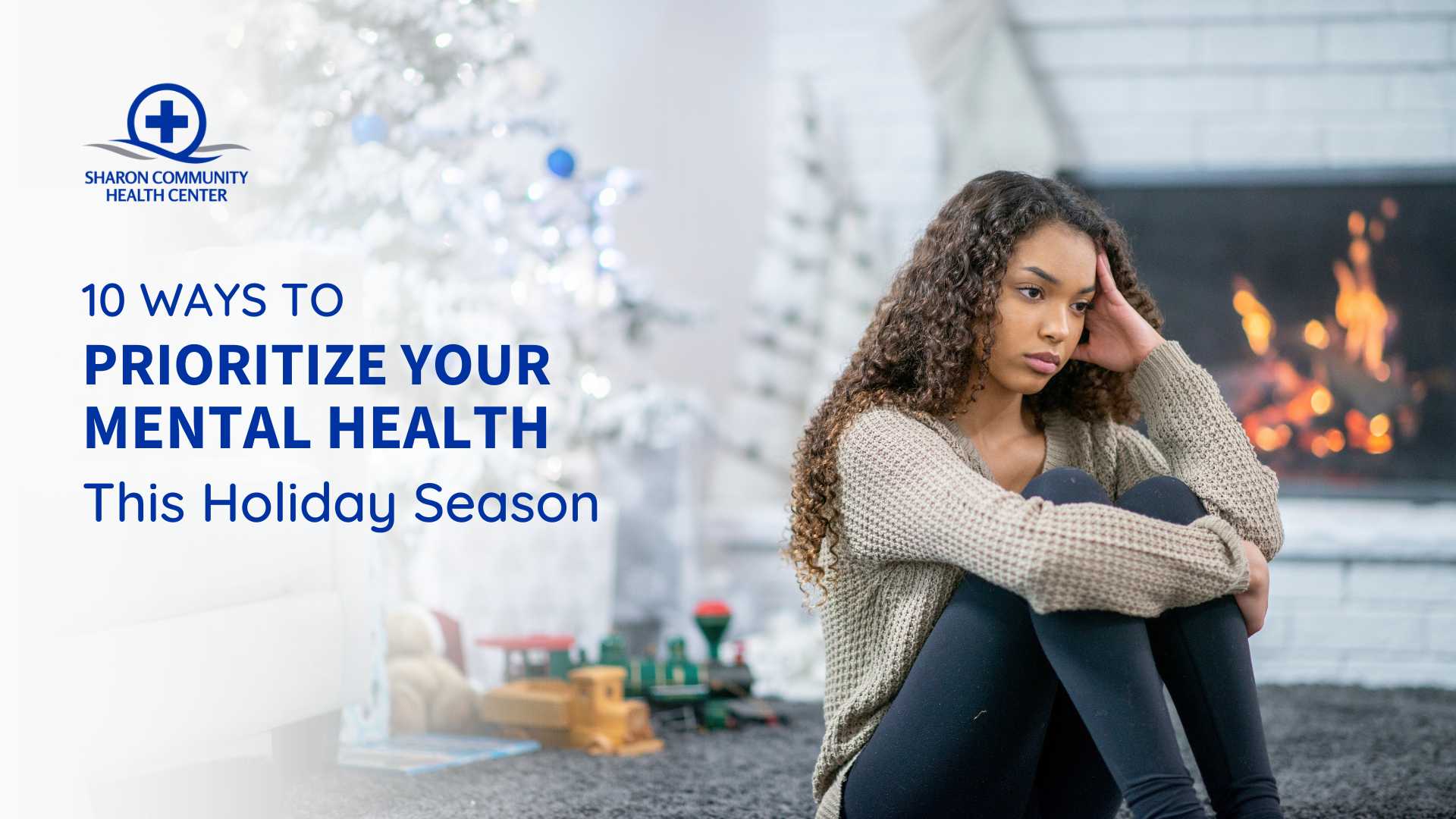
Protecting Your Mental Health During the Holidays
The holiday season is often described as “the most wonderful time of the year,” but for many, it can also lead to feelings of being overwhelmed, stressed, or even depressed. From managing hectic schedules to navigating financial pressures and balancing family dynamics, falling into holiday stress and feeling stretched too thin happens easily.
Taking proactive steps to prioritize your mental health can help you find peace and joy amid the hustle and bustle. Here are 10 practical tips to support your well-being this holiday season.
1. Set Realistic Expectations
The perfect holiday doesn’t exist, and striving for it can lead to unnecessary stress and anxiety. Let go of unrealistic expectations for yourself and others and embrace imperfection. In doing this, you free yourself up to focus on what truly matters to you — whether it’s spending quality time with loved ones, engaging in traditions that bring you joy, or giving to a cause close to your heart.
2. Be Present
This season often feels like a whirlwind, but slowing down to fully experience the moment can make it more meaningful. Whether you’re sharing a meal, decorating the tree, or enjoying a quiet evening, give your undivided attention to what’s happening around you. Putting down distractions like phones allows you to connect deeply and create lasting memories.
3. Practice Gratitude
Take a few moments each day to reflect on what you’re thankful for, whether it’s the people around you, a small accomplishment, or a simple pleasure. Gratitude can help shift your focus away from negative emotions and towards positive ones like joy and hope, making the season feel more fulfilling.
4. Plan Some “Me” Time
Taking time for yourself amidst a flurry of holiday events may sound impossible, but it doesn’t have to be. Carve out moments for self-care from your schedule for little things like a brief walk outdoors, reading a book, or practicing yoga. Even small acts of self-care can have a big impact on your holiday stress level.
5. Cope with Grief
The holidays can be especially hard when you’re grieving the loss of a loved one. Allow yourself to feel the emotions that come with this time of year—whether that’s sadness, longing, or even joy in their memory. Find ways to honor your loved one, like lighting a candle, creating a special ornament, or sharing stories that keep their spirit alive.
6. Set Boundaries
Learning to say “no” can be liberating. Taking on too much can lead to burnout, so be honest about your limits. Saying “yes” only to the things that align with your schedule, energy and values will help prevent you from becoming overwhelmed and anxious, and allow you to fully enjoy the commitments you’ve chosen.
7. Avoid Comparisons
It’s easy to fall into the trap of comparing yourself to others, especially on social media. Remember that curated posts don’t reflect the full picture of someone’s life. Focus on your journey and the unique ways you celebrate the season.
8. Stay Active
Exercise is a natural mood booster, and staying active can help reduce holiday stress. Even a short walk after a big meal or a quick workout in the morning can make a difference in how you feel physically and emotionally.
9. Focus on Meaning over Material
It’s easy to get caught up in the consumerism of the holidays, but prioritizing experiences and meaningful connections over material gifts can create more lasting memories and less financial strain.
10. Reach Out if You Need Help
The holidays can be especially tough if you’re feeling lonely or overwhelmed. Don’t hesitate to reach out to a trusted friend, family member, or mental health professional for support. It’s okay to ask for help—you don’t have to navigate this season alone.
Do You Need Support?
You aren’t alone. Holiday stress is all too common. This time of year often shines a spotlight on the emotions we deal with, bringing them to the surface and making us feel them more intense. If you’d like to schedule an appointment with one of our behavioral health providers, we’re here to help. Call us at 724-347-2429 to take the first step toward support.
